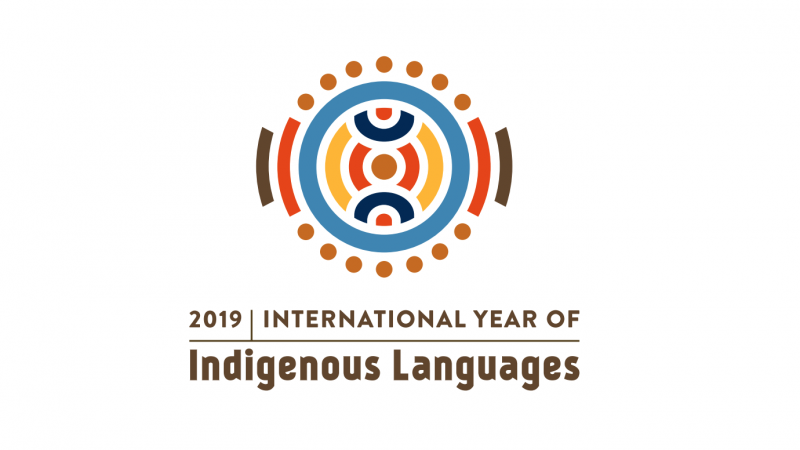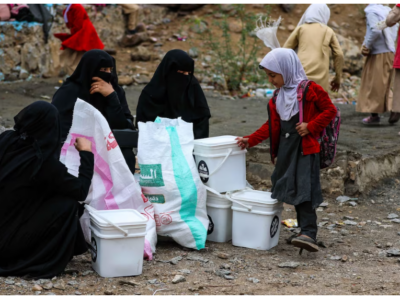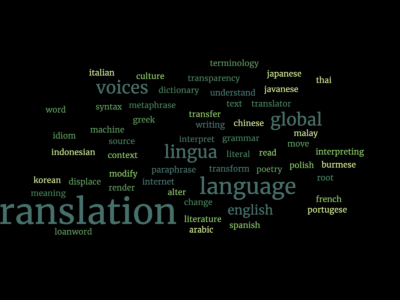
The year 2019 has been declared as the International Year of Indigenous Languages by the United Nations.
I’m happy to announce that Global Voices has been invited to become an official partner for this year-long campaign (our logo isn’t up yet, though). Rising Voices (RV) will be coordinating our participation by working with the various section, regional, and language teams. As you know, RV has been working for the past several years with language digital activism and how technology can be a tool for communities working towards language revitalization.
The official launch will take place in late January in Paris at UNESCO headquarters. Our colleague Gwen Lefeuvre will attend in representation of RV to cover the event on RV’s Twitter account. She’s been a major supporter of this work and I’m grateful that she’ll be present. Another member of our languages network, Juan Carlos Romero will also represent RV by taking part in a panel discussion about language digital activism. Currently living in Paris, he is a native speaker and professor of the Quechua language, who helped co-organize one of our languages workshops here in Cochabamba, Bolivia.
How can you get involved?
- Early next year, RV will be launching our own Netizen Report style newsletter focusing on language revitalization and technology. If you are interested in taking part by sharing links or writing short paragraphs about this subject, we are assembling a group for those wanting to take part. Please let me know.
- Write or translate articles about indigenous languages around the world (with or without the tech angle). There are a lot of different angles to explore and many of you are uniquely positioned to know about the role of these languages in your own countries. Please talk to your editor, site manager, or me about these options. We especially have a lot of non-time-sensitive articles in our archives that would welcome more translations.
- Retweet and share our work on your own social media channels. We’ll be very active on the @risingvoices Twitter account with the hashtag #IYIL2019 starting in early January. We are also working closely with our social media team for this online campaign. Soon we’ll also reach out to the different regions and language groups that manage their own social media channels to coordinate more closely.
Open to new ideas! I’d love to hear from you.
In addition, with the help of Jer we’re hoping to update our Activismo Lenguas (Languages) directory portal that had been mapping different language digital activism projects around Latin America. Inspired by the GV Instagram account rotation, our network of language digital activists in Latin America will be taking turns managing a dedicated Twitter account focusing on indigenous languages in the region.
Thanks for your support and interest. One of the major reasons why we accepted the invitation to become a partner is that our community understands the power and importance of telling stories and accessing information in a diversity of languages around the world as a way for increased cross-cultural understanding. We are in a unique position to demonstrate our current work, as well as the possibilities of what this UN campaign is hoping to accomplish.



